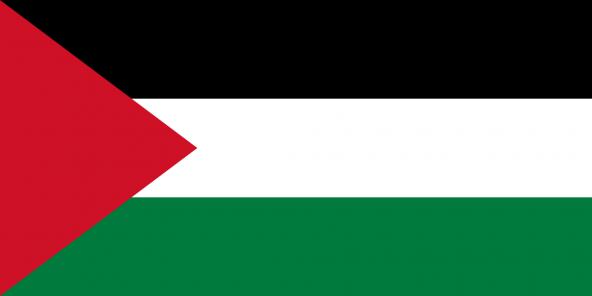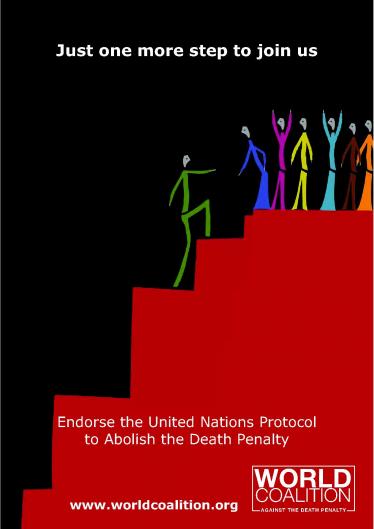
The State of Palestine commits to abolishing the death penalty
Protocol
The State of Palestine, on the brink of abolition?
In June 2018, President Mahmoud Abas had given his consent for the State of Palestine to accede to the Second Optional Protocol to the International Covenant on Civil and Political Rights aiming at the abolition of the death penalty. Palestinian members of the World Coalition, the Palestinian Centre for Human Rights (PCHR) and SHAMS, welcomed President M. Abas’ decision at the time, stressing that the abolition of the death penalty in Palestine was “a step in the right direction”. It then took nine months for the instruments of ratification to be formally deposited with the Secretary-General of the United Nations on 18 March 2019. The Protocol will enter into force on 18 June 2019 in accordance with article 8 of the Protocol.
The State of Palestine was given an observer non-member State status in the United Nations by General Assembly’s resolution A/RES/67/19 of 29 November 2012 and has since been able to ratify international treaties. The State of Palestine has already asserted this right in the field of human rights, by acceding to the ICCPR in April 2014 and five other treaties in May 2014.
An uncertain situation of the death penalty in Palestine
From the founding of the Palestinian Authority in 1993 (on the occasion of the Oslo Accords) to 2017, the Palestinian Centre for Human Rights (PCHR) recorded 41 executions in Palestine, but it is symptomatic of the political differences that exist in Palestine. Almost all the executions (39) have been carried out in the Gaza Strip (controlled since the 2006 legislative elections by Hamas, hostile to Fatah, President Mahmoud Abas’ party). Thus, according to a strict interpretation of the law, more than two third of all executions carried out in Gaza during this period (28) are extrajudicial executions because they were not preceded by a presidential decree authorizing the executions to be carried out. Indeed, the UN only recognizes the authority of the “President of the Palestinian National Authority”.
The Gaza Strip and the West Bank are both under a different Criminal Code, in which the death penalty is legally provided for about 15 crimes. PCHR is actively advocating for President M. Abas to amend them.
SHAMS also denounces numerous violations of the rights to a fair trial and independent justice. In December 2018, six convictions were handed down by a military court in the Gaza Strip in violation of the Constitution.
Abolition of the death penalty and the political context in Gaza and West Bank
The domestic policy of the State of Palestine is in a particular situation, due to tensions between Hamas (which controls the Gaza Strip, where most executions take place) and Fatah (whose authority is recognized in the West Bank). The PHCR points out that since 2015, with the failure of the Palestinian Government of National Unity in 2014, death sentences have gradually increased in Gaza, while in the West Bank, on the other hand, sentences have been fewer (the last ones are reported to date back to 2015). The fight for abolition in Palestine is therefore strongly impacted.
By acceding to OP2-PIDCP, the State of Palestine has undertaken to renounce executions and to abolish the death penalty within its jurisdiction. Article 6 also provides that States may not derogate from the prohibition of executions, even in time of public emergency threatening the existence of the nation. It remains to be seen whether Hamas in Gaza will feel bound by the treaty. Civil society will therefore have a key role to play in the coming months in monitoring the entry into force of the Treaty in June 2019.
Photo credits: Wikimedia
Categories
State of Palestine






